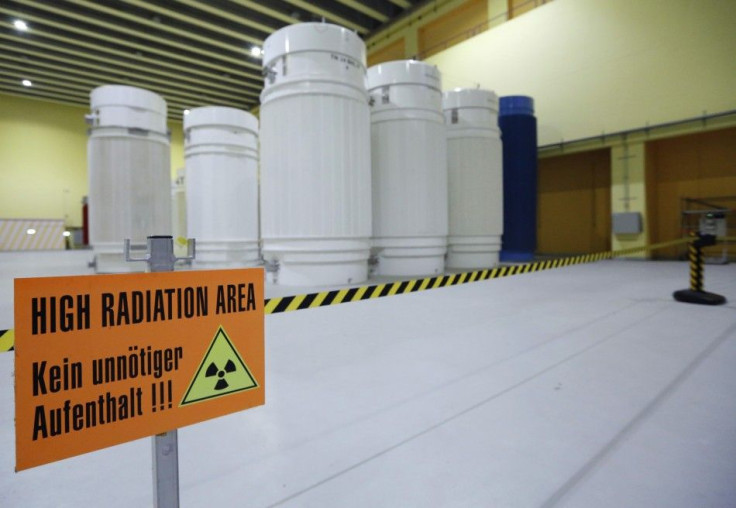Canada Says Hazardous Waste Issue With Philippines Being Solved: Philippines Law Maker Demands Return of Trash To Canada

Canada and the Philippines are reportedly close to a solution to the vexed issue of hazardous waste containers shipped to Philippines. There are about 50 container vans of household trash illegally shipped to the Philippines from Canada in 2013 with no solution in sight regarding its disposal.
According to Canadian Ambassador to Philippines, Neil Reeder, “Both governments see this as a problem and is on its way to being resolved. Global Nation reports that the ambassador’s statement only reflected Canada’s intent to process the trash in Philippines. “We found a local solution. Both governments are going to work toward having the garbage treated locally and in a sustainable manner and that case will be closed,” Reeder added. He denied reports that there was anything “toxic” in the waste.
The Canadian envoy also claimed that the issue was never discussed during President Aquino’s recent visit to Canada. But the two sides identified a possible solution. Legally, neither Canada nor the Philippines can force the shipper to take it back to Canada.
Return The Waste
Meanwhile, environmental and labour groups in the Philippines have urged President Aquino to ask Canada to take back the trash containers which were declared as “scrap plastic materials for recycling.”
According to a report, Senator Miriam Defensor-Santiago called up the government to demand the return of the garbage to Canada. The Senator filed Resolution 1341 to urge the government to invoke Basel international agreement in asking Canada to take back mountains of garbage illegally exported to the Philippines. Calling it a dangerous precedent for other countries to dump garbage in the Philippines, Santiago wanted the government to hold Canada responsible for the 50 container vans of wastes sitting in Philippine ports.
“This issue goes beyond waste management and threatens our sovereignty,” Miriam said and rejected the view that Canada is not obliged to take it back since the shipment was a commercial transaction between Ontario-based Chronic, Inc. and its Philippine branch Chronic Plastics.
(For feedback/comments, contact the writer at k.kumar@ibtimes.com.au)





















